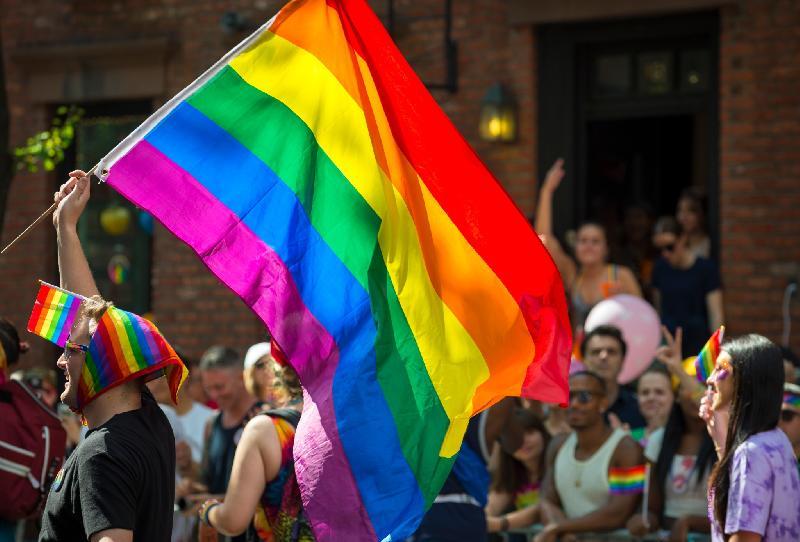One pervasive problem with our political discourse is the constant attribution of sinister motives to opponents. We see this done by both the Left and the Right, and it is a move that effectively ends any discussion of differing opinions.
We saw this approach in a recent New York Times article about how transgender issues took prominence on the political Right. It paints conservative arguments and lawmaking as calculated opportunism. Having lost the debate over the definition of marriage, right-leaning groups sought a way to maintain energy, fundraising, and relevance — or so the story goes. They allegedly found the answer in pushing limitations on “gender-affirming” care to minors and the capacity of trans athletes to compete in sports with their self-identified gender rather than biological sex. Conversely, the Left’s opposition to these conservative arguments gets framed as principled, noble advocacy for disfavored persons.
Yet the issue of sexual identity touches on principles that are fundamental to any political community. To see why requires delving into the purposes of politics itself.
Politics establishes and maintains a community through laws and institutions that create and administer those laws. Through institutions and laws, a political community must think and act based on a basic understanding of human beings. This understanding combines both an “is” and an “ought.”
The “is” descriptively considers how human beings think, feel, and act. How selfish or selfless do we tend to be? To what degree are we social or individualistic? The “ought” addresses what we should think, feel, and do as opposed merely to what we tend to think, feel, and do. Is selflessness better than selfishness? Do humans thrive by themselves or together in a community? What rights and obligations do we have in relation to each other? Such inquiry prescribes what is just and right — a standard by which to judge human action and toward which to strive as individuals and communities. By examining both the “is” and the “ought,” political communities determine what is possible in pursuit of the good.
How sex or gender map onto these questions is essential both to a political community and to its effective laws, which reflect reality and pursue justice. Is humanity inherently binary between males and females? Can one be a psychologically, emotionally, and spiritually different sex than one’s inherent biology? Because our laws reflect our answers to these questions, we must ascertain those answers through serious debate rather than through the dismissive imparting of bad motives. To make the wrong call on these questions entails erring regarding both the “is” and the “ought,” distorting human nature, human possibility, and human purposes.
Drawing on the experience of nearly all of human history, conservatives say that humans are only men or women and that sex is an inalienable union of the biological, spiritual, mental, and emotional — in other words, the entire person is sexed consistently within himself or herself. A great deal of human law regulates the interactions of persons based on their sex. The definition of the family, the treatment of children, and the regulation of work and public spaces have all been ordered based on the assumption of a set binary within humanity. To be sure, distortions have indeed arisen in how these manifest in conventional gender roles. But those distortions have been regarding the application of binary sex, not its stable, coherent existence.
Beyond history, conservatives can defend this position by reason, science, and the major world religions. Reason and science observe the stability of human sex and the resulting coherence between mind, heart, and body within each person — both in human tendencies and physical makeup. Christianity affirms that God similarly created humans male and female — a point also upheld by Judaism, Islam, and many other longstanding faith traditions.
In pursuing this historical, rational, scientific, and religious truth, we as a society better protect, instruct, and encourage our fellow human beings and citizens. We keep from denigrating men as men or women as women. We also avoid making one or the other obsolete or superfluous. We affirm the complementarity between humans as male and female while protecting the rights that both share as fellow human beings.
In acting according to these principles in culture and law, conservatives are right. But they must exercise care and concern in affirming and acting on this truth. Persons who claim a sexual identity other than their biological sex are not faking it or otherwise inventing their thoughts and feelings. These thoughts and feelings need to be addressed with empathy, even as they are not made public policy or the cultural norm. We both can and should affirm the good, right ordering of human beings while loving our neighbor. Done rightly, such love and such affirmation go together. We all owe that to each other, to truth, and to ourselves.
via unsilencednews

